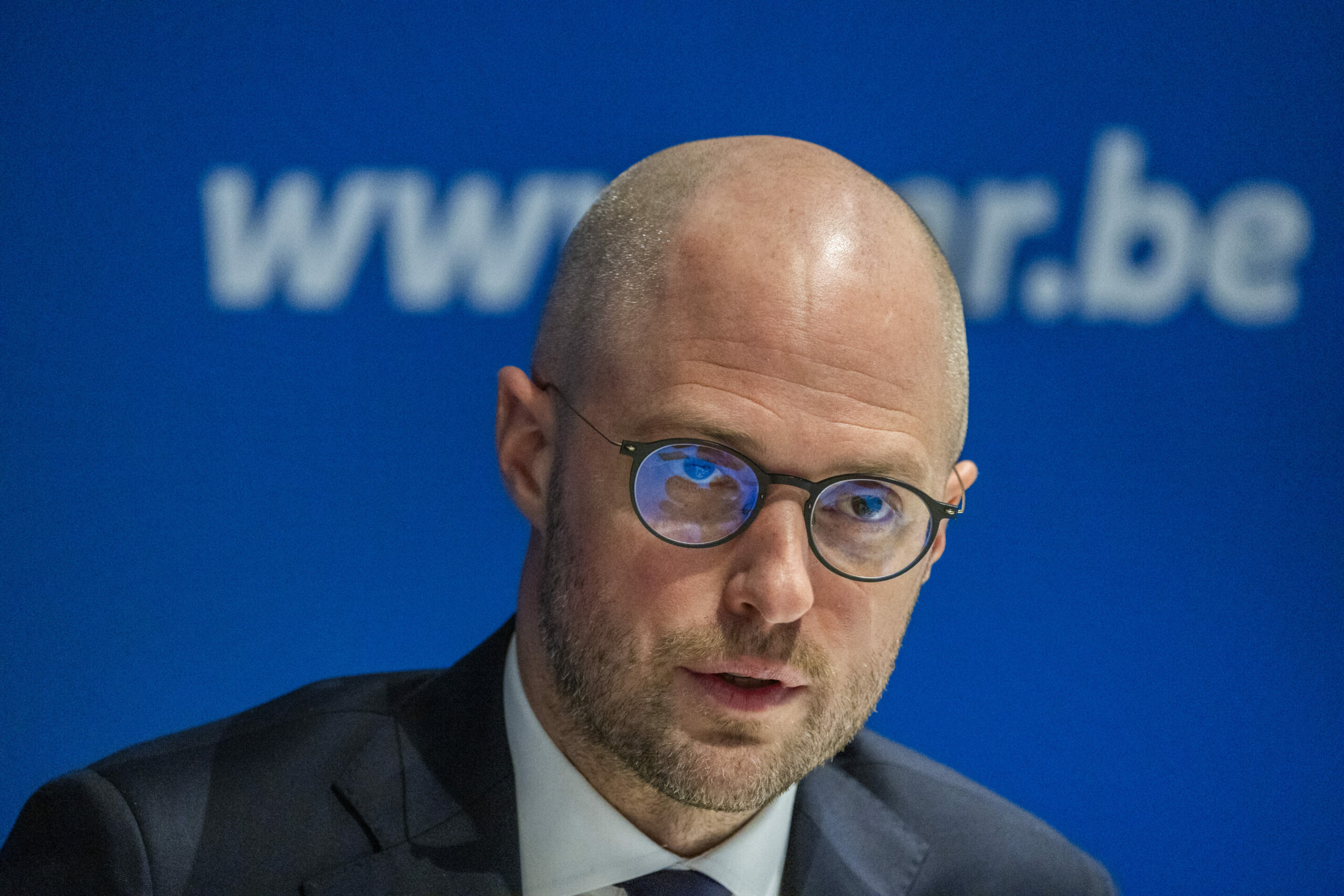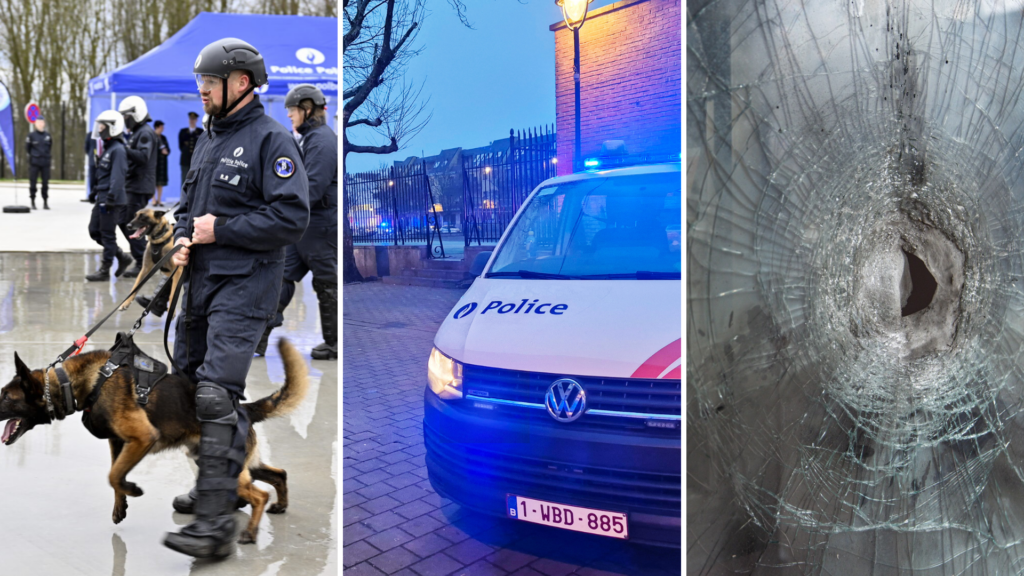The second-most cosmopolitan city in the world, the heart of European politics, the cradle of Art Nouveau. Brussels has a lot going for it and means many things to many people. But increasingly the Belgian capital is getting a reputation as a hotbed of drug violence, with six related shootings so far this month.
The official response has been scrambled. A greater police presence has had little effect – indeed, fatal shootings have taken place whilst patrols are going on in the vicinity. Then there is the "hotspot" strategy, which identifies areas particularly affected by drug dealing. Its impact has been negligible but authorities seem torn between doubling down or mothballing the idea and going back to the drawing board. Meanwhile, the Defence Minister rejected the Interior Minister's request to deploy the army on the streets, pointing out that the legal thresholds for such a move have not been met, however concerning the situation might now be.
To top it all off, the outgoing Brussels Minister-President (stuck in office for eight months as his francophone Socialist Party steadfastly refuses to join negotiations whilst Flemish separatists N-VA are in the mix) told media last week that residents must accept violence and organised crime as part and parcel of living in a metropolis. What might have been intended as an anti-alarmist shot of pragmatism came across as a denial of the problem and yet another failure to take responsibility.
Unsurprisingly, "You'll just have to live with it" did nothing to put people at ease and only perpetuated the perception of incompetence. And with little to restore public faith in the security forces – another shooting took place on Sunday night – the reputation of Brussels as a whole is being called into question. As one hotel owner told The Brussels Times: "Not all areas in the region are unsafe. There are still plenty of ways to visit Brussels safely." But separating the entire city from a few problem zones is complicated by every new incident at a time when public safety is top of the agenda.
It's a point made by the Brussels Chamber of Commerce, which stresses the business implications of the city being seen to be dangerous. "No business thrives in an unsafe environment," the Chamber's chief executive said, highlighting longstanding issues that have not been addressed. And companies have long been calling for a focus on security and cleanliness.
And whilst the shootings are hardly a bolt out of the blue, it seems nobody is intervening to prevent lasting damage to Brussels' image.
Belgium in Brief is a free daily roundup of the top stories to get you through your coffee break conversations. To receive it straight to your inbox every day, sign up below:
1. ‘We’ve had a tsunami of complaints about safety in Brussels’
In the aftermath of the drug-related shootings in Brussels, BECI CEO Thierry Geerts talks to The Brussels Times about the insecurity's impact on the capital's businesses. Read more.
2. Brussels Government deadlock: What’s the problem and what next?
After months of unsuccessful back-and-forths, Brussels government formator David Leisterh (MR) is halfway through his "last-chance" formation talks. Read more.

3. Another shooting in Anderlecht on Sunday night, no victims
The incident occurred next to Saint-Guidon metro station, following four other shootings in Brussels in recent weeks. Read more.
4. Emergency meeting on Brussels drug violence: What does Quintin plan to do?
Bernard Quintin has been Interior Minister for three weeks now. How does he plan to tackle drug violence in Brussels? Read more.
5. Sending Belgian soldiers to Ukraine is ‘only logical’, says Defence Minister
"When there is a peace agreement signed by Russia (...) it does not seem problematic to me that Belgium would participate in it. We did the same in Kosovo." Read more.
6. Expat tax regime: What changes under the new Federal Government
"It will once again become more attractive for high level foreign executives to come and work in Belgium." Read more.
7. Crypto in Belgium: A young man’s game?
Notoriously volatile, energy-intensive, and some would say useless, cryptocurrencies are nonetheless gaining in popularity – worldwide and in Belgium. Read more.

